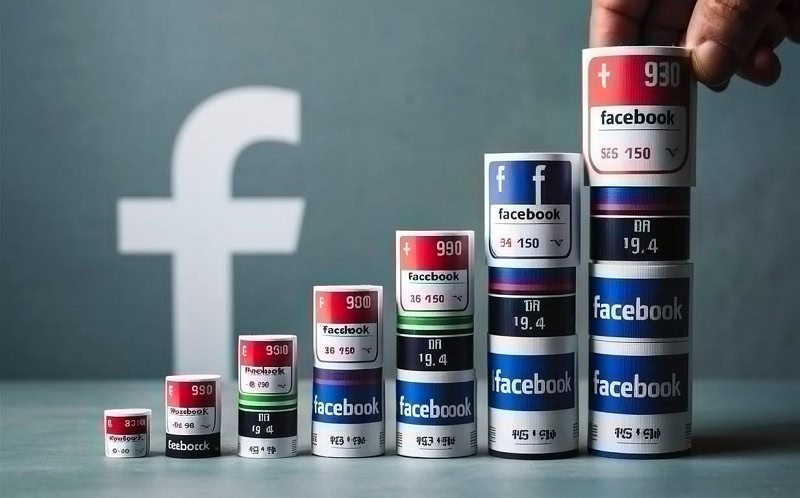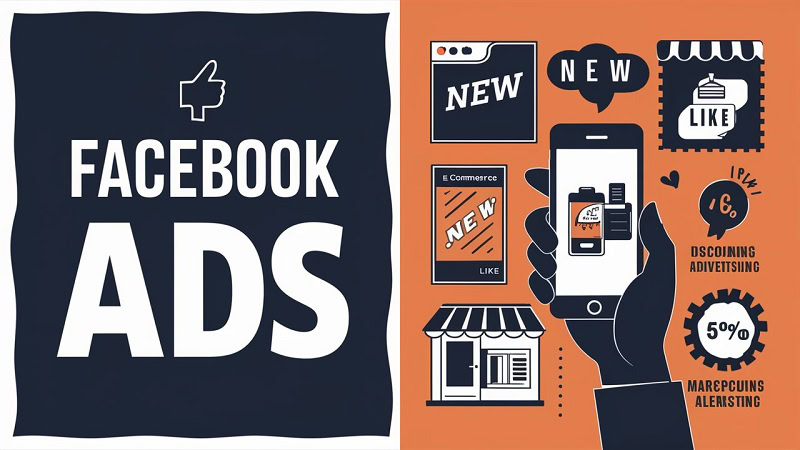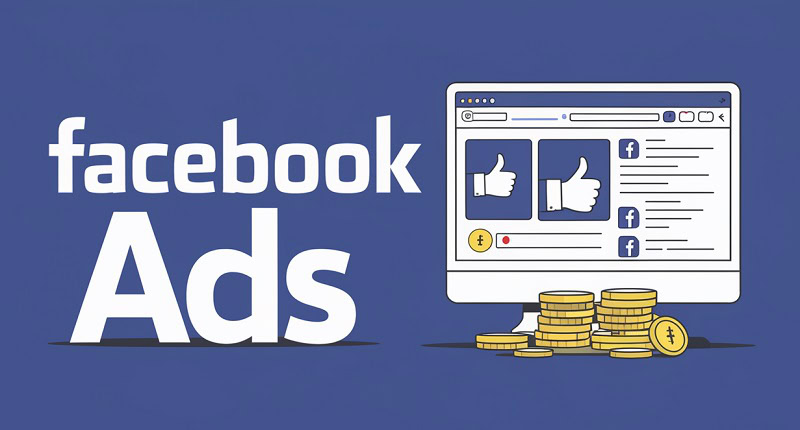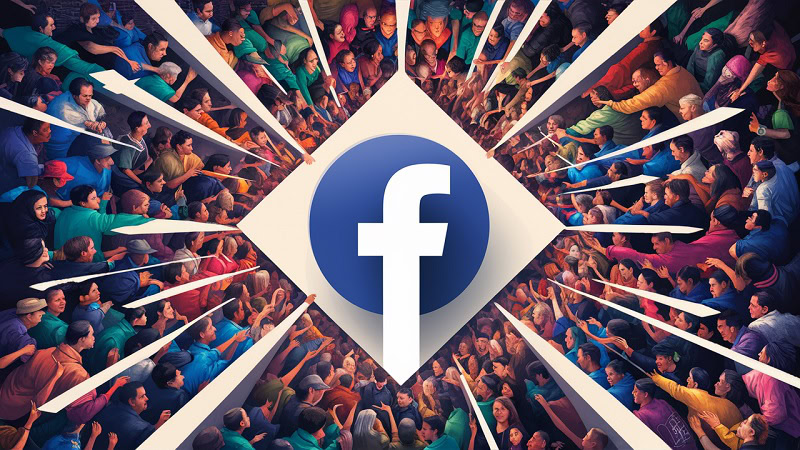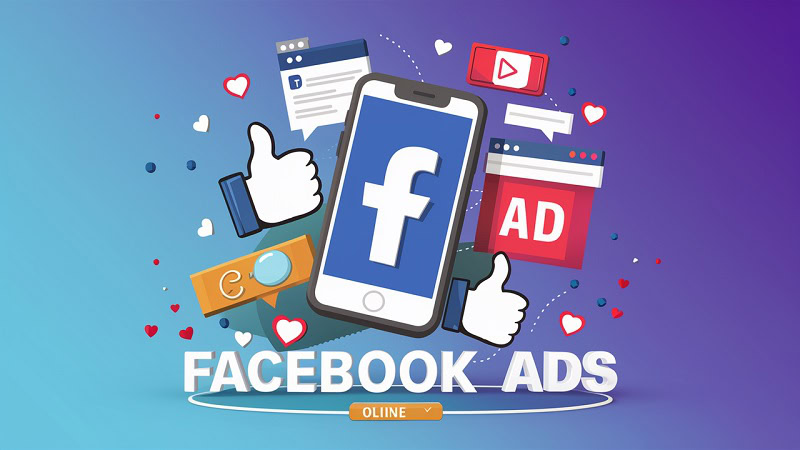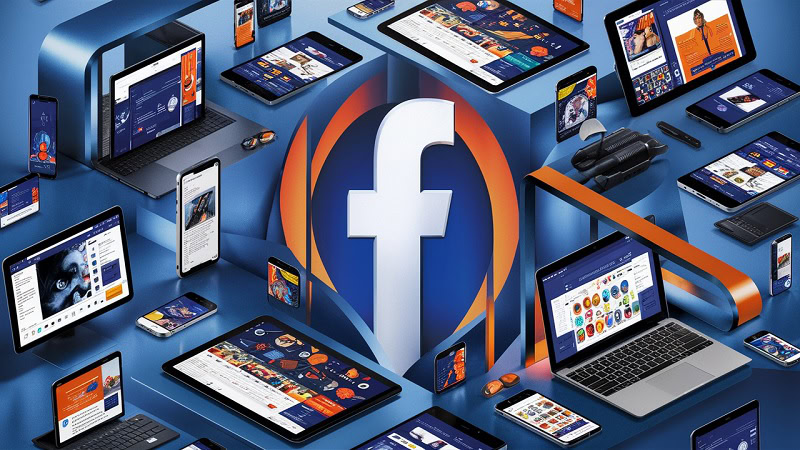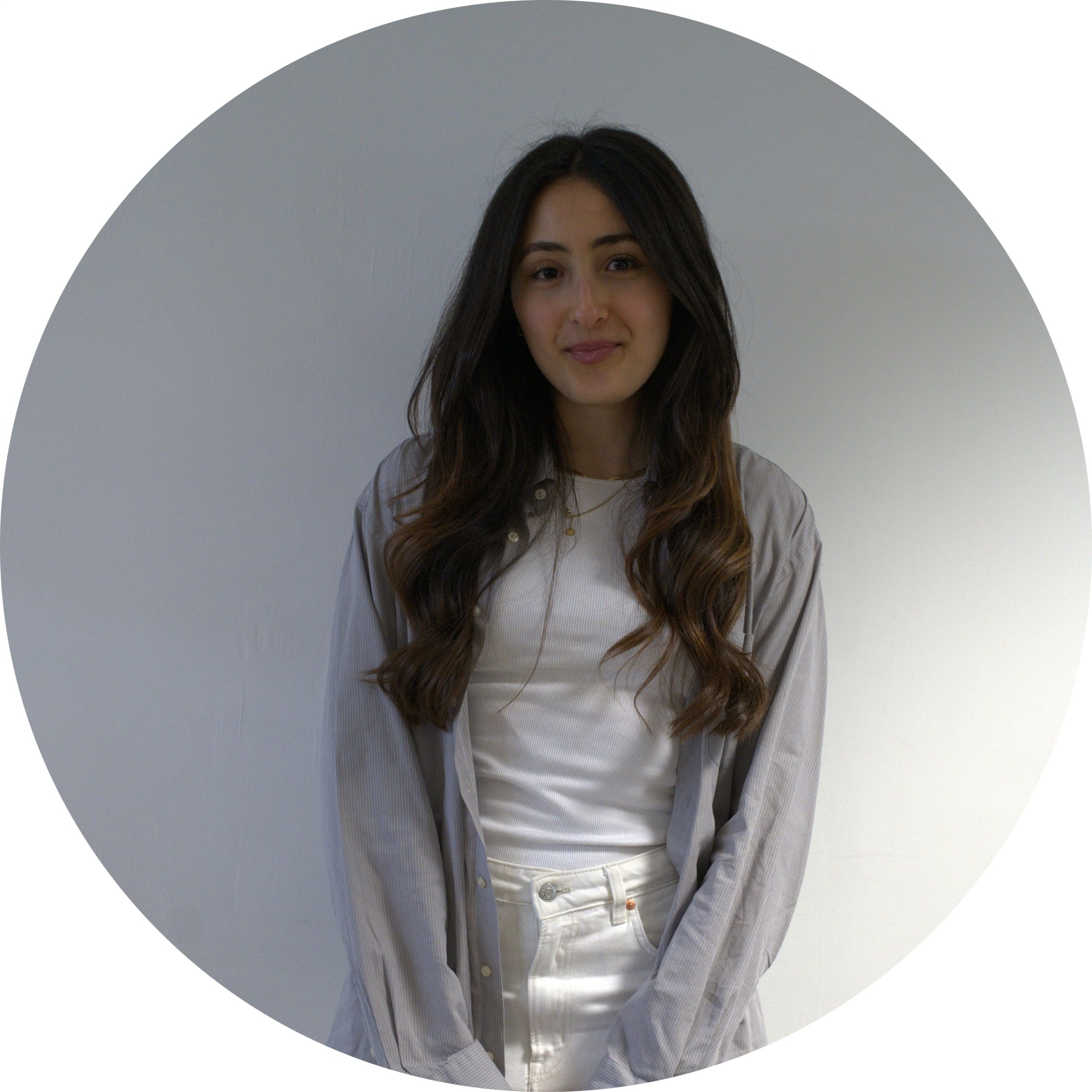
About author: Hana Sedjari is the creative force behind Upbeat Agency’s compelling content, expertly crafting ad creatives that capture attention and drive engagement.
We recently created a blog post about abandoned carts (people who disappear after they add items to their e-commerce shopping cart). Well this article is going to compliment that nicely…We’re going to discuss the Reach Objective (which we use in our Facebook campaigns regularly).
That may sound a bit techie and you need to have a little bit of an understanding of Facebook ads to get exactly what I’m saying.
Setting a Reach objective would allow you to attain everyone in your desired audience on Facebook. What’s great is that you can also set a frequency cap, meaning you can control the amount of times the same person will see your advert.

Boost E-Commerce ROI: Download Our Free CPA & ROAS Calculator
What is the Reach Objective?
If you’re looking to build brand awareness or change perception of your brand, the reach objective lets you maximise the number of impressions your ads receive via impressions optimisation.
The idea behind Facebook’s reach objective is that you show your ads to the maximum number of people in your chosen audience.
There are two ways to use the reach objective to maximise how often people see your ads in each period.
- Show your ad to the largest audience possible allowed by your budget, for instance over a sale weekend or the days leading up to it.
- You can also use location targeting: for example, reach people within a radius of a business location.
Facebook Ad Reach: Drive Outcomes at Scale
Facebook have considered how your campaign’s audience size can affect the scale of the campaign’s outcome.
Facebook has been working closely with Consumer Packaged Goods (CPG) advertisers in the US to help them understand the impact their Facebook media is having on their brand’s in-store sales.
From looking at Facebook’s research, their conclusion is that a larger audience reach will often be more successful than a smaller audience. See the graphics below.
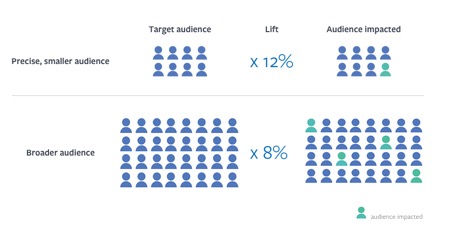

In the first graph the smaller audience may have had a higher lift, which has more response per person, but the broader audience drove more people to make that wanted purchase. This shows that focusing on reach drives more buyers and additional sales.
Get the Most Out of the Reach Objective
Here are two ad delivery optimisation options to compare.
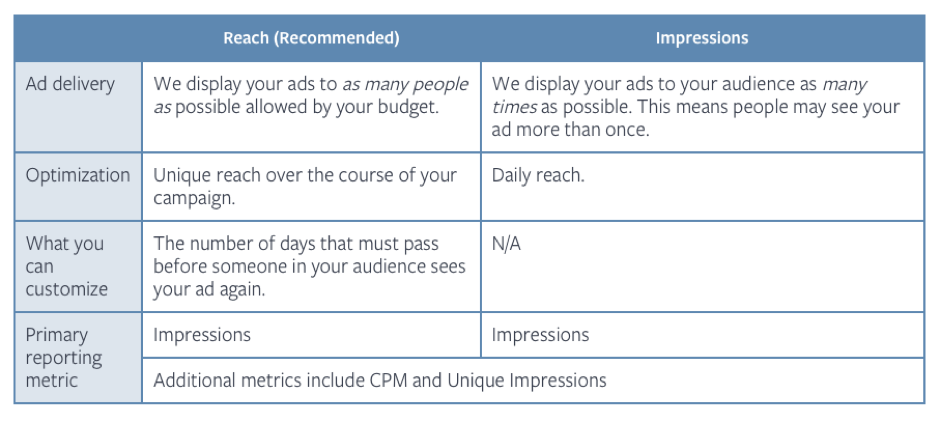
As you can see there’s no customisation on offer with the Impressions option.
Setting Frequency Caps
Once the reach objective has been selected, you can then decide on the number of days before someone sees your ad again.

There’ll be other factors to consider, perhaps with regards to the content of your campaign. For instance, if you have a more complex message, you may want to repeat your ad more times than usual, to give your audience a chance to process the entire message.
Up to two impressions a week can create a big enough impact.
Following this, by using reach and frequency metrics, you can understand how many people saw your ads and how often. You can also access information regarding how much it cost to show people your ads, i.e. the number of people who have seen your ad at least once, by using cost per 1,000 people reached. You’re also able to view a specific date range which can help you understand how your ads performed over a specific time period like a holiday or weekend. You can select a default date range like last month or create custom date range in Ads Manager.
If you want to make more people aware of your brand, we recommend choosing the Brand Awareness objective which is designed to show your ads to people who are more likely to pay attention to them. Brand Awareness is optimizing to get you the highest ad recall, not only reach. The Reach objective lets you maximize the reach of your campaign at an efficient CPM.
Blending your Reach Objective with other Tools
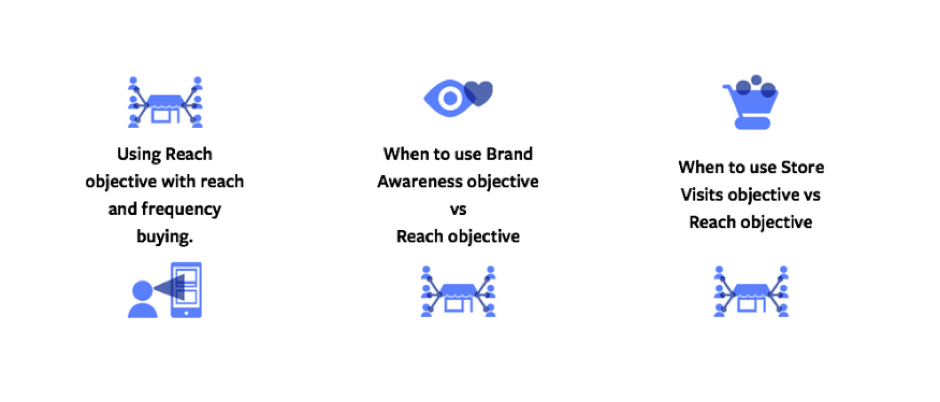
There are other tools you can blend in with your Reach objective..
Reach objective with reach and frequency buying
This should result in the highest possible reach within this type of buying, this is because Facebook optimizes 100% towards most efficient reach available. They go after pure reach rather than blending it with the underlying performance goal. You should in this case expect to see lower CPMs that reach the same percentage of an audience than if you were using a different objective.
Store Visits ad objective
Choose Reach if you are wanting to drive traffic to one location/ one store. Using Reach optimisation in an auction will have a more efficient CPM than reach optimisation in a reach and frequency buy with identical budget, creative, targeting.
In both cases, you can target the people who are nearby your stores, plus your ad can show call-to-actions such as Get Directions and Call Now.
Using the sore visits objective, you can create ads that actively pinpoint messaging to each store location with a single template.
So to sum up, you can use the reach objective to deliver ads to a greater portion of your audience. If you have a slender audience and want to ensure everyone has seen your ad, you can raise the frequency with which they are shown your ads. When you operate a business location that you want to promote to people within a radius around it, you can tailor your reach using location targeting.
Let us know how you’re using Reach, or if you’re not acquainted, how it could benefit you?
For help with your campaigns from an expert Facebook advertising agency please get in touch.
Related
- Facebook Ads Creatives: Top-Tier Examples & Best Practices

